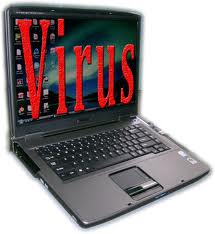Categories
Accessories-> (58) Bluetooth (3) Cables / Adapters-> (163) Camera / WebCam-> (11) Cases / Power Supply-> (3) Cell Phone-> (25) Chinese Writing 手写 (1) Controller Cards (3) Data Recovery (1) DVD / Blue Ray-> (2) Enclosure External (3) Flash Memory-> (11) Gaming (4) Hard Drive-> (12) Ink / Toner-> (220) Keyboards-> (9) Media CD / DVD / Blu-Ray-> (5) Memory-> (12) Modem / ADSL Modem (1) Monitors (1) Mouse (7) Networking-> (33) Notebook-> (80) Printers (3) Projector (1) Repair Laptop / PC Service (5) Satellite Free To Air (16) Software-> (6) Sound Cards (1) Speakers / Headset-> (19) Surveillance System-> (17) Systems (6) Tablet (4) TV Box (4) TV Related (10) Video Cards-> Wall Mount for LCD / TV (2) Specials ... New Products ... Featured Products ... All Products ... Reviews - [more]Featured - [more] |
Home ::
Repair Laptop / PC Service ::
Virus / Spyware / Malware / Trojan & Worms Removal in Toronto
|
|
Your IP Address is: 3.135.213.128
Copyright © 2025 InMax Computer. Powered by Zen Cart







